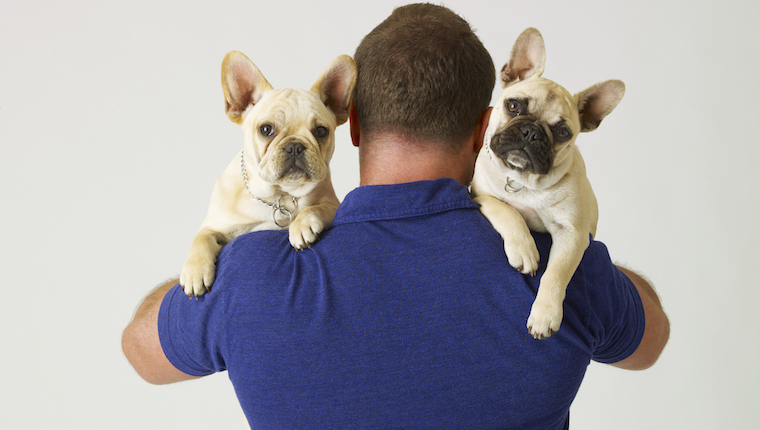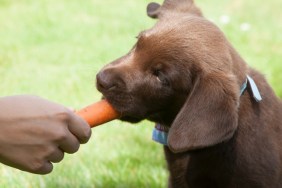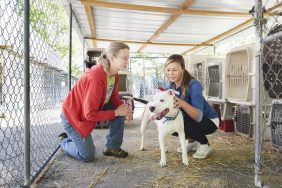
The UK’s largest dog organization, The Kennel Club, is funding research to assess health risks associated with brachycephalic dog breeds. As a result, a call has been issued for all brachycephalic dog parents.
The initiative is being realized by the Brachycephalic Obstructive Airway Syndrome (BOAS) Research Group at the University of Cambridge. In time, researchers are striving to, “ help improve the health and welfare of future generations of dogs,” according to UK Vet Times.
What are brachycephalic dog breeds?
Brachycephalic dogs have genetic mutations that alter their skull shape. This shows up as a flat face with a short nose. As a result, these dogs have restricted airways that affect their respiratory function.
Unfortunately, certain breeds have these mutations intentionally. In fact, people recognize Pugs, Chihuahuas, and French Bulldogs primarily by this tragically appealing condition.
Whether people should breed brachycephalic dogs is debatable. What’s not up for debate is how it affects dogs. Although BOAS varies in severity, its symptoms can drastically change a dog’s quality of life.
Working with breeders by helping dogs’ health
Jane Ladlow, a Royal College of Veterinary Science specialist and the project’s lead researcher, said, “Brachycephalic dogs are very popular pets… it’s crucial that we better understand the complex and wide-ranging factors” that lead to BOAS in dogs.
Dogs in the study must be at least 12 months old. After a DNA swab, dogs receive a full respiratory assessment including a noninvasive exercise tolerance test.
Besides the aforementioned breeds, researchers are also accepting “ Dogues de Bordeaux, griffons Bruxellois, Japanese chins, King Charles spaniels, Maltese, Pekingese, Pomeranians, and Shih-Tzus,” among others. Interestingly, the study is also accepting dogs to analyze their internal anatomy. However, these dogs must be at least four years old.
Being an owner of a brachycephalic breed entails a responsibility to care for their unique health concerns. Dr. Ladlow said, “Those owners who participate will play their part in helping us to understand… how these issues relate to the structure of affected dogs.” Ladlow also said these health problems vary dramatically both between and within breeds.
The end goal for researchers is to amass data that will help build “breeding schemes” for breeders. Hopefully, with these in hand breeders can ethically breed brachycephalic dogs, keeping in mind their unique health concerns.





